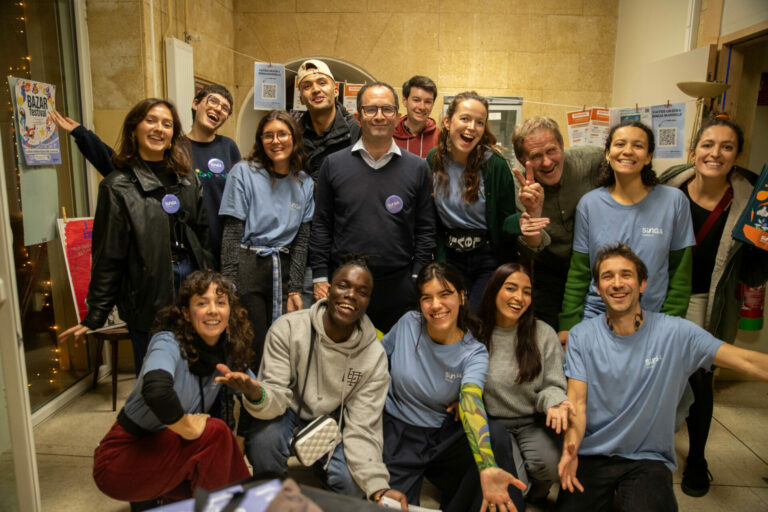- About
- SINGA in the world
- Entrepreneurship
- Intercultural encounters
- Training and information
SINGA Brussels reaches 200 Solidarity Co-Livings: Results and Prospects
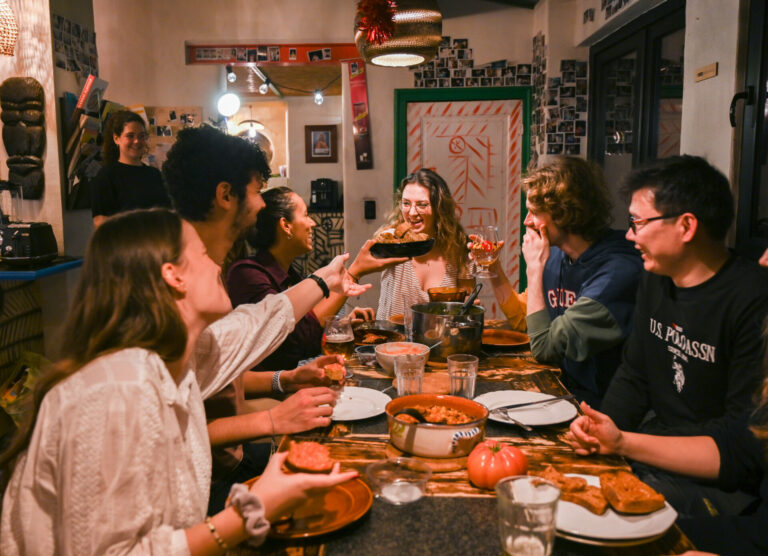
Since 2019, more than 200 solidarity co-livings have been created with SINGA Brussels. These aren’t your average flatshares. They’re homes where people who have refugee status and are looking for a place to live meet local residents who want to make hospitality a reality. A human project, driven by SINGA Brussels’ Solidarity Co-Living program, based on one simple idea: truly living together. And it works.
Finding a home — and a sense of belonging
In Brussels, the housing crisis hits people with refugee status especially hard. Not because they lack motivation or resources, but because of high rents, a lack of available housing, and especially, discrimination. That’s where SINGA comes in.
For the past six years, SINGA Brussels has been connecting recognized refugees with locals who have a spare room. The program includes two types of co-living: long-term solidarity flatshares, and more temporary, often family-style co-livings known as “transit cohabitations.” Both are built on the same delicate and powerful equation: equality, trust, and warm support.
Every co-living starts with a carefully prepared “match.” Profiles are reviewed with care: spoken languages, lifestyle, interests, expectations. The goal isn’t to force a connection, but to create the right conditions for balance. Then, an AdminBuddy — a trained volunteer — supports the newcomer with administrative tasks, and the SINGA team provides ongoing follow-up. Nothing is left to chance. Everything is designed to make the experience smooth, respectful, and enriching.
“The house became one big family”
Marina, who arrived in Brussels alone two years ago, remembers her first night in her new co-living setup. She didn’t know anyone and barely spoke French. But then came shared dinners, conversations, and laughter.
“We share everything: chores, meals, future plans. I’m learning the language, I’m getting to know the city. I finally feel at home.”
Like her, more than 140 people with refugee status responded to SINGA Brussels’ survey conducted between 2019 and 2024. The results speak for themselves: 95% said they were satisfied or very satisfied with their experience. And even more importantly, 93% said the co-living strengthened their sense of integration in Belgium.
Beyond hospitality, what happens is a shift in perspective. For refugees, living with locals means learning everyday customs, building friendships, and finding solid ground. It also opens doors. After six months of co-living, access to work or education improves significantly: over 30% of participants found a job or returned to school, compared to less than 20% before moving in.
Life-changing encounters — for everyone
Local residents benefit too. 83% say they’re satisfied with the experience. And for many, it’s even transformative. Coraline, who lives in the city center, shares:
“It’s like any other flatshare — except the exchange is deeper. We talk about things we wouldn’t elsewhere. We learn to listen, to read between the lines, and to live with a new set of references.”
Far from clichés, these co-livings show that cultural differences aren’t barriers, but bridges. Shared meals, celebrations, conversations about politics, family, or religion… all become moments to spark dialogue and challenge assumptions.
AdminBuddies — these unsung heroes — play a key role in the journey. They help refugees navigate Belgium’s tricky paperwork, and often, they build real friendships along the way.
“I celebrated his first job contract with him,” recalls Laura. “He thanked me with a brewery tour. I’m the one who came out of it changed.”
An inclusive solution that deserves support
With over 200 co-livings formed in six years, SINGA Brussels has proven that this model works. It’s effective, humane, flexible — and well-suited for an increasingly diverse society. But its growth is still limited by legal and administrative hurdles.
The main barrier: official address registration (domiciliation). In Belgium, hosting someone can affect a household’s composition and impact the host’s social benefits. For refugees, being “cohabitant” often means losing part of their allowance. These rules, made for other contexts, unfairly penalize solidarity initiatives.
But solutions exist. In Flanders, a 2016 law allows domiciliation without affecting taxes. And court rulings have confirmed that “cohabitant” status can’t be applied automatically. In Brussels, just a few legal adjustments could unlock a powerful tool for inclusion.
SINGA Brussels has a clear goal: support up to 80 co-livings a year. The need is there. Society is ready. What’s missing is political and structural support to scale up.
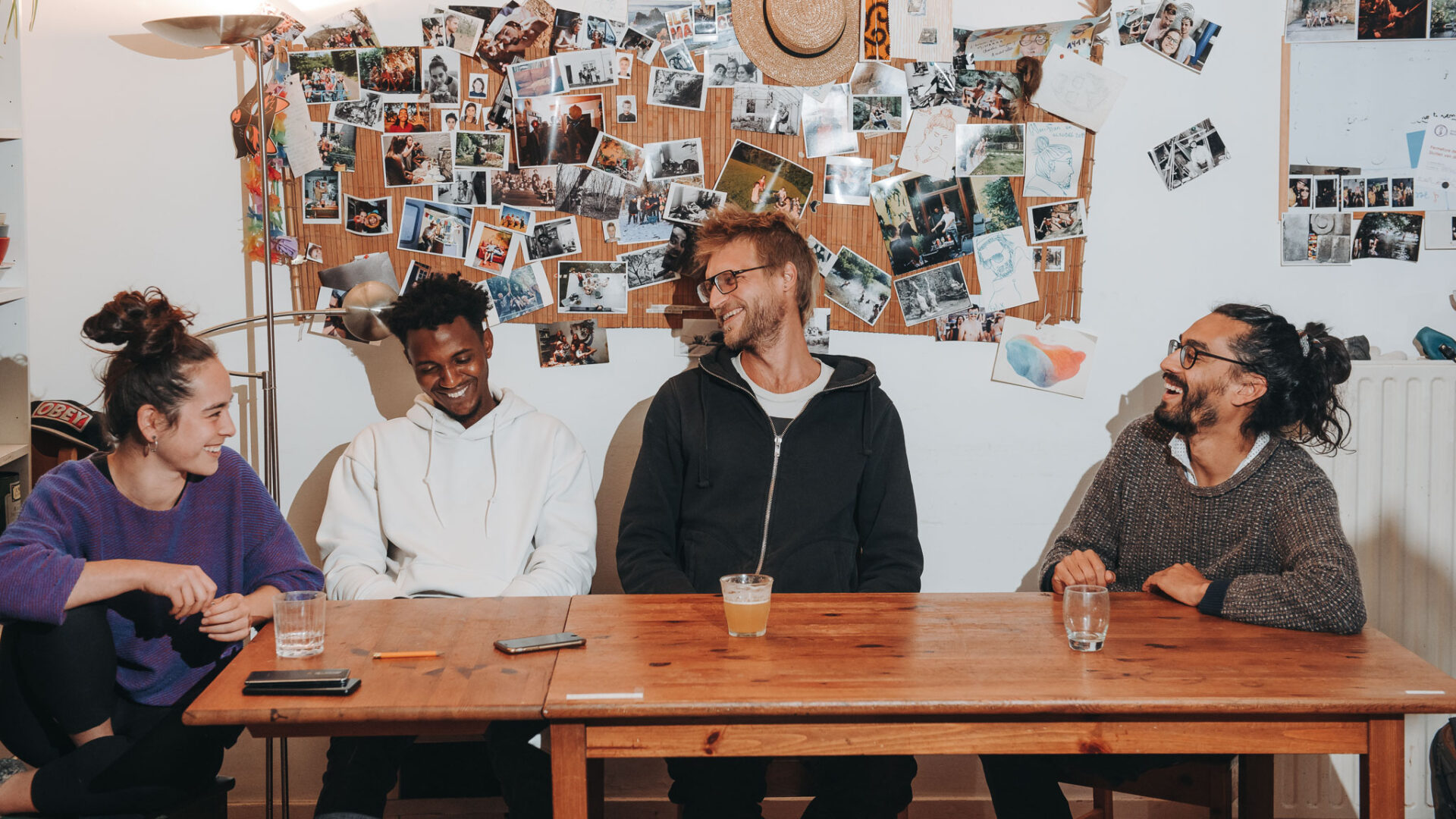
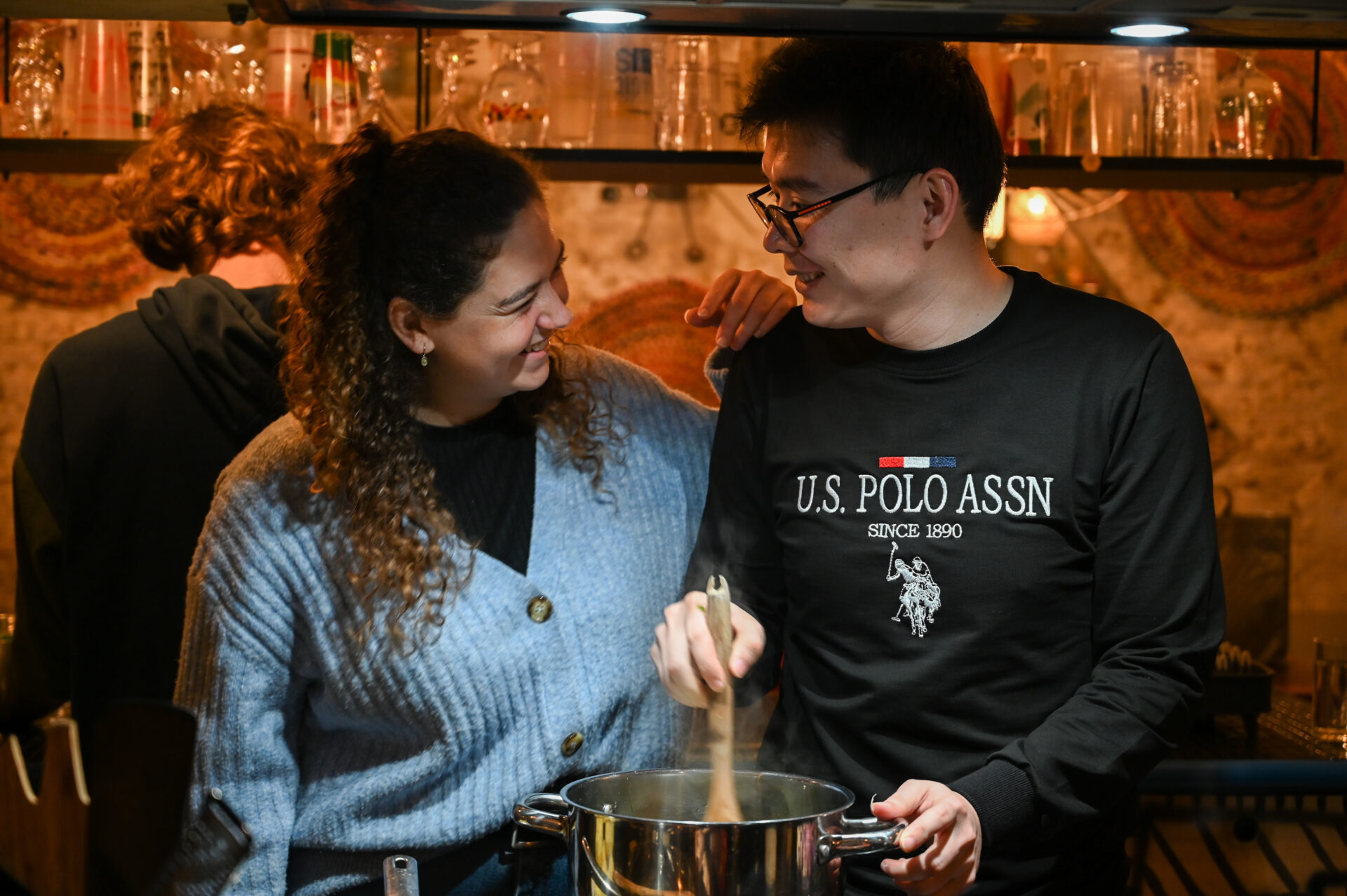
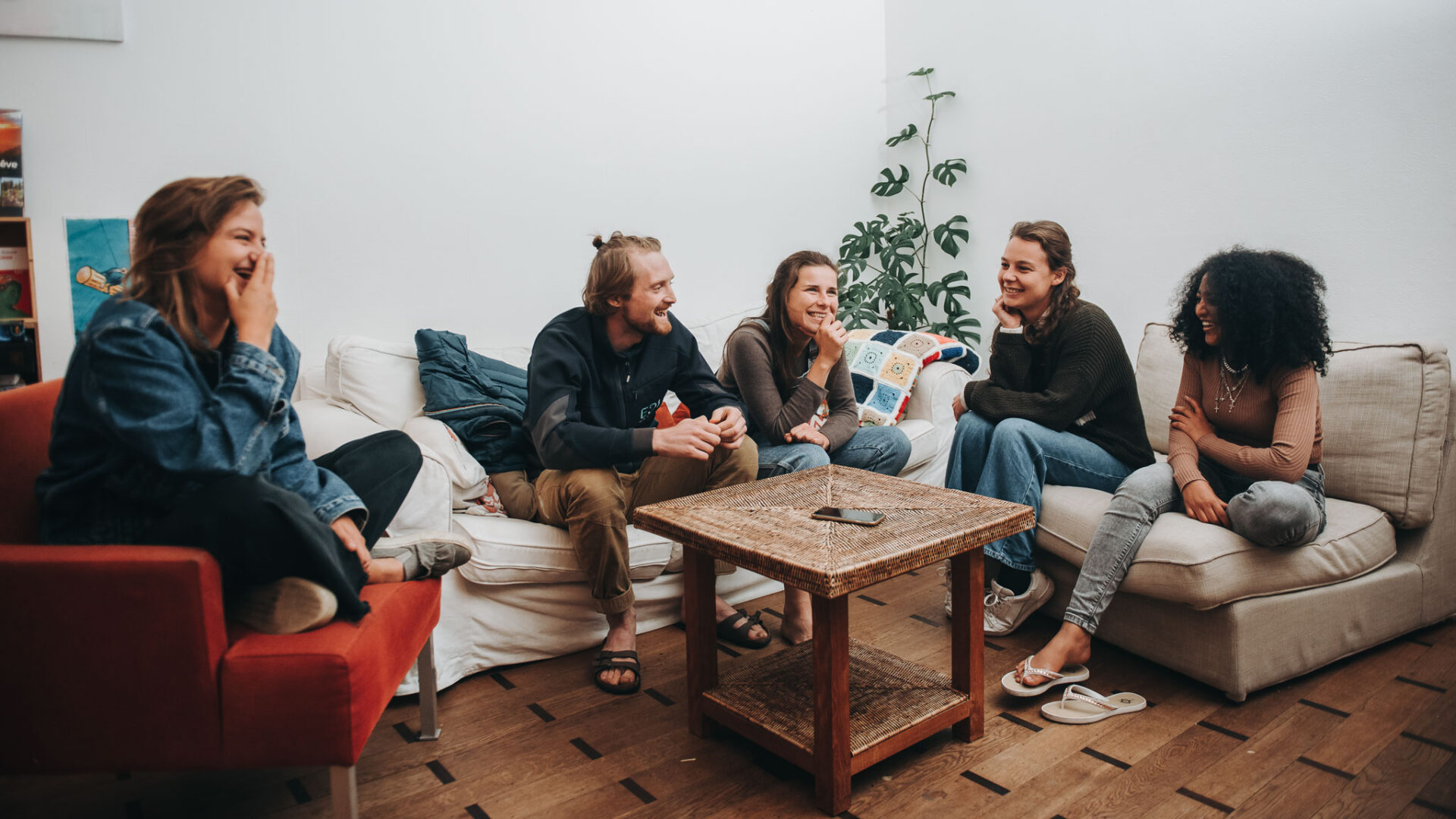
Sharing your home means creating something bigger: a home for all of us.. Join the movement!
What this survey ultimately reveals isn’t just an effective project. It’s a whole philosophy of welcome. A new way of living together. Co-living doesn’t mean sharing everything. It means choosing not to live side by side while ignoring one another. It means opening your door — and sometimes, your heart.
As one participant put it: “I discovered a new culture, but most of all, I discovered a new way of being in the world.”
And maybe that’s what truly makes a place feel like home.
👉 Discover the Solidarity Co-Living program and all SINGA Brussels activities : link
Latest news
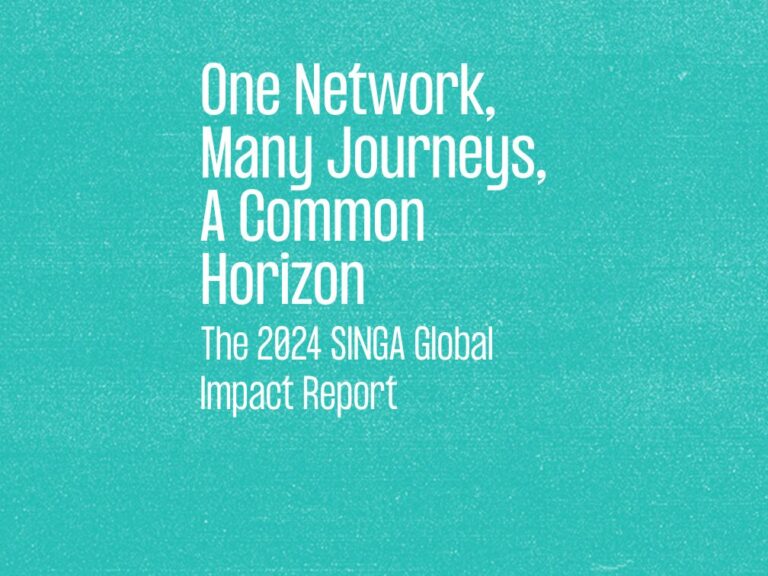
Measuring inclusion without reducing it: SINGA publishes its first impact report
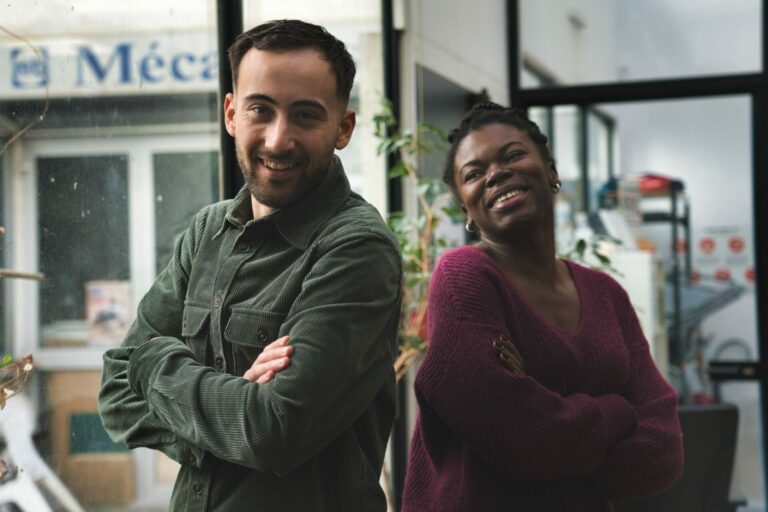
Entrepreneurship with SINGA in 2026: applications are now open throughout France
